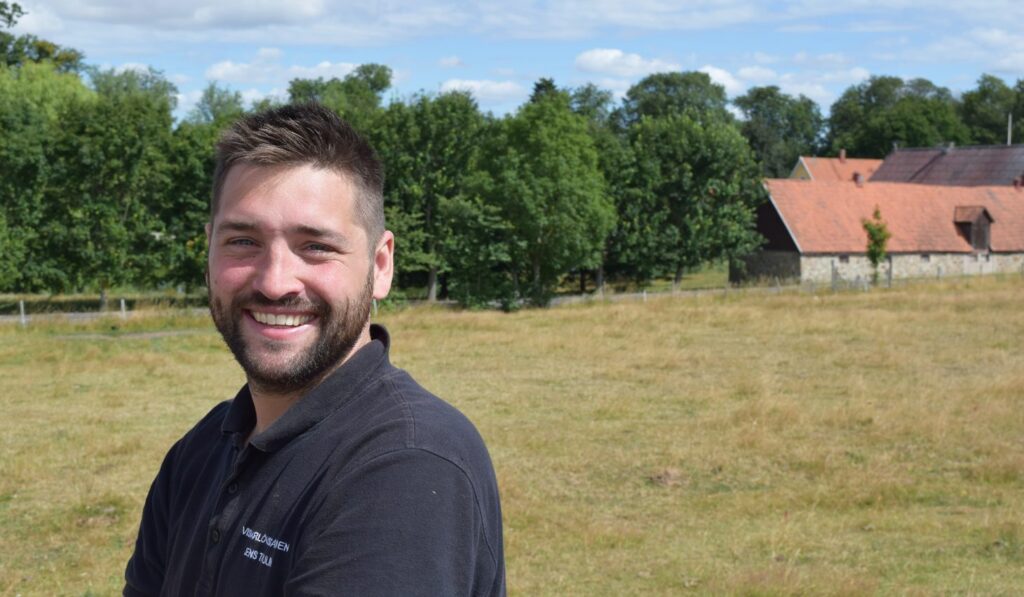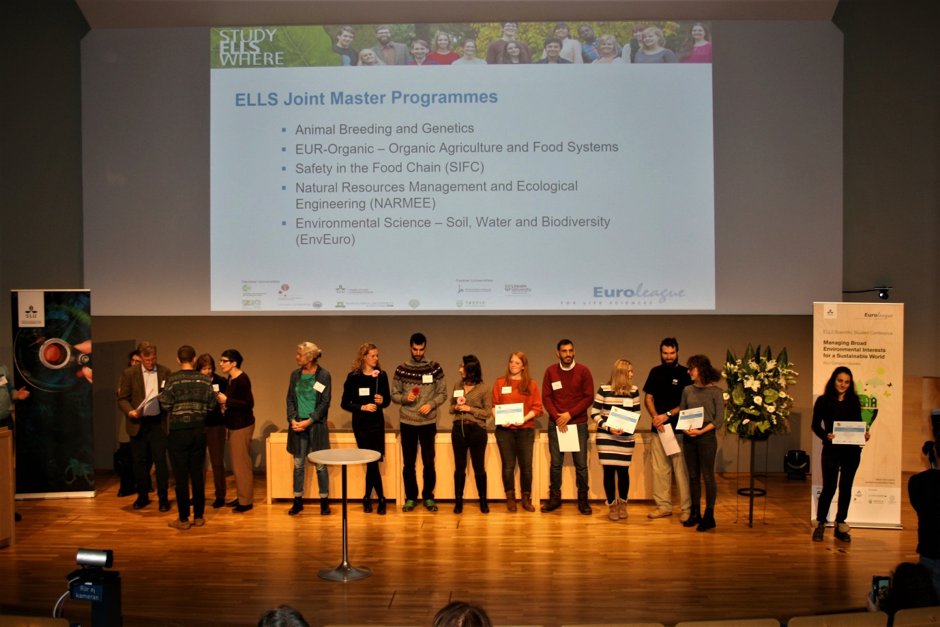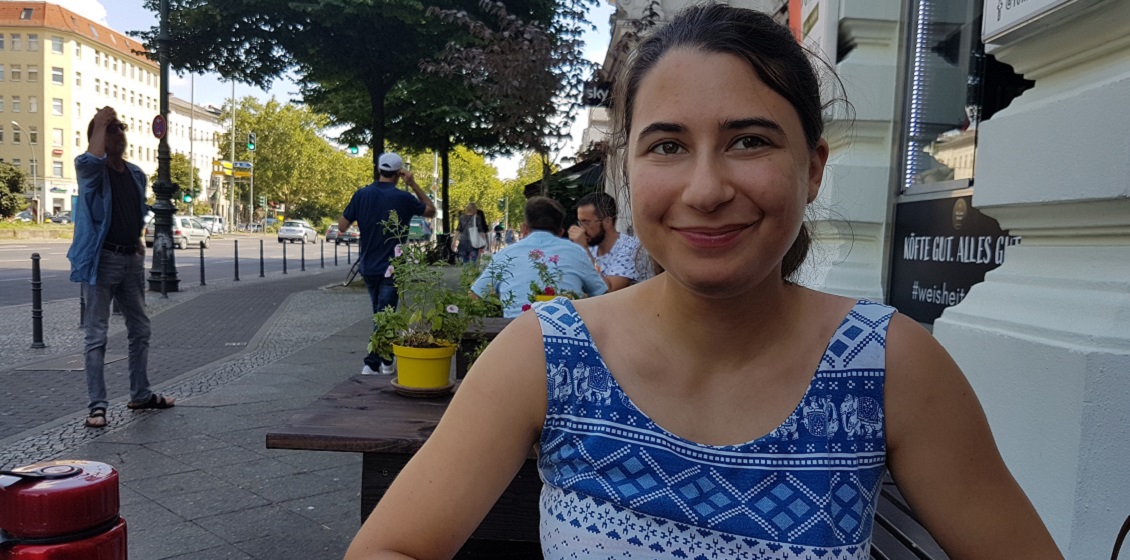There are many opportunities for European and non-European students to travel around in Europe and in the world to meet other students and different realities. In this article I am going to talk about one of these meeting opportunities, namely a student conference for students in life science educational programs being part of ELLS.
ELLS, what it is, what it does
ELLS stands for Euroleague for Life Sciences. ELLS is a network of seven European universities offering summer schools, joint degree programmes, study abroad opportunities and cooperation on the Ph.D. level. The network organizes a student conference once a year, and if you are wondering what it is and what you normally do at a student conference, stay tuned. First, you might like to know which universities are members of the Euroleague, and here is the list:
- University of Natural Resources and Life Sciences, Vienna
- Copenhagen University, Faculty of Science
- Swedish University of Agricultural Sciences, Uppsala
- University of Hohenheim, Stuttgart
- Wageningen University and Research Centre
- Czech University of Life Sciences, Prague
- Warsaw University of Life Sciences
ELLS has also some partners outside Europe with which they have bilateral agreements for sending student for an exchange semester:
- China Agricultural University, Beijing
- Hebrew University of Jerusalem
- Lincoln University, New Zealand
The Euroleague was founded in 2001, aiming at making the students of the member universities feeling at home in those countries also regarding job searching. In fact, there are many students who come from other parts of Europe and from outside Europe, as I could witness during the 2019 student conference.
The 11th edition of the ELLS Student conference
The 11th edition of the conference it took place on 15-16 November 2019, in Uppsala, Sweden, with the title “Managing Broad Environmental Interests in a Sustainable World”. I remember my excitement when I participated in my first ELLS student conference in 2017, in Copenhagen. That was also my first attendance to a conference ever. In 2019, in Uppsala I was there as a reporter for DDRN, and next year, in Vienna, who knows, maybe I will be one of the students presenting.
What is it like to take part in a student conference? On the first morning, you arrive, you register, and you get a tag to pin on you. Then you follow all the other students who know the way, to a big auditorium, where you receive a welcome speech from the organizers introducing the conference and announcing next year’s venue, and afterwards, some talks by two former students about their current work: Bojana Bajzelj presented her research about sustainable diet, food waste reduction, the climate impact of food system and related scenarios to 2050. Jens Thulin talked about taking over his family meat farm business and transforming it into a sustainable and climate smart farm.
The program of the conference is very tight, comprising of oral and poster presentations. The presentations occur at the same time in different rooms. Fortunately, in each room, they have grouped the presentations related to a common subtheme in order to guide you. You are provided also with an app where you can find all the abstracts of the presentations, time and venue, so that you have a clearer idea whether to choose something under “Solutions for an urban ecosystem” rather than “Green entrepreneurship”, or under “Innovations in the food chain” rather than “The future use of natural resources”. The presentations end in the afternoon, and then later there is a social dinner and the party.
After the long night, the next day can be tough, but free coffee is there to support you to take advantage of the last presentations. The closing of the conference sees the award ceremony, in which, among other things, the best presentations in each subtheme receive a price.
I had the opportunity to listen to talks about solutions to reuse wastewater through the use of green roofs, the mobility of microplastic in soils, interesting facts about citizen science, services to mechanize agriculture in Zambia and more. The conference is a great way to network with other students, get updates about recent research topics, learn something new, since the life sciences are so broad, practice to present, feel part of something and have fun!
In the following articles you will get to know three of the non-European students who are studying at the member universities of the Euroleague. I can’t wait to introduce you to Musa Bishir, Danilo Crispim Massuela and Rayan Kassem.
Dori Zantedeschi is a Master student of Environmental Science in Europe, University of Copenhagen

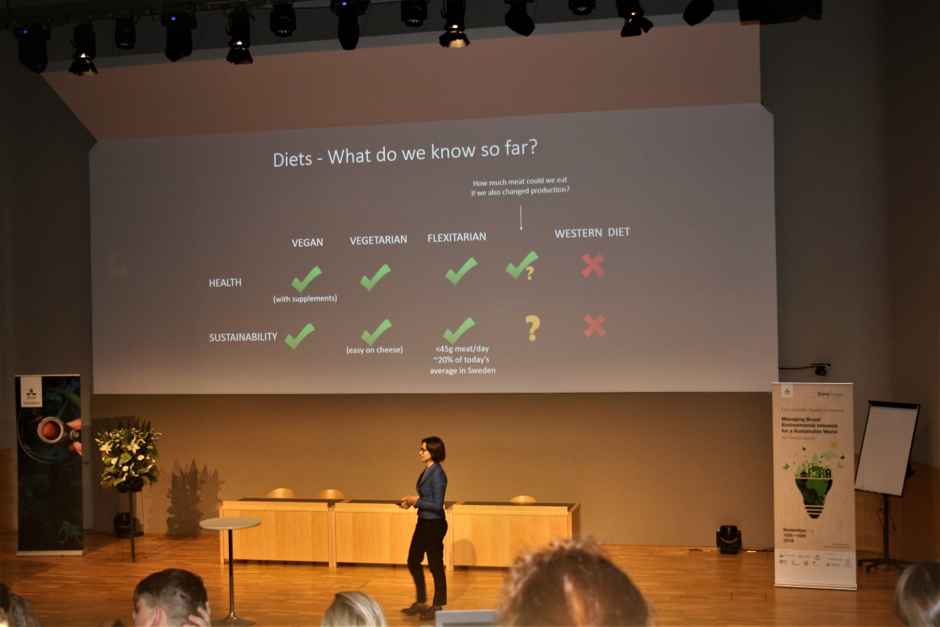
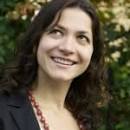
Bojana Bajzelj
